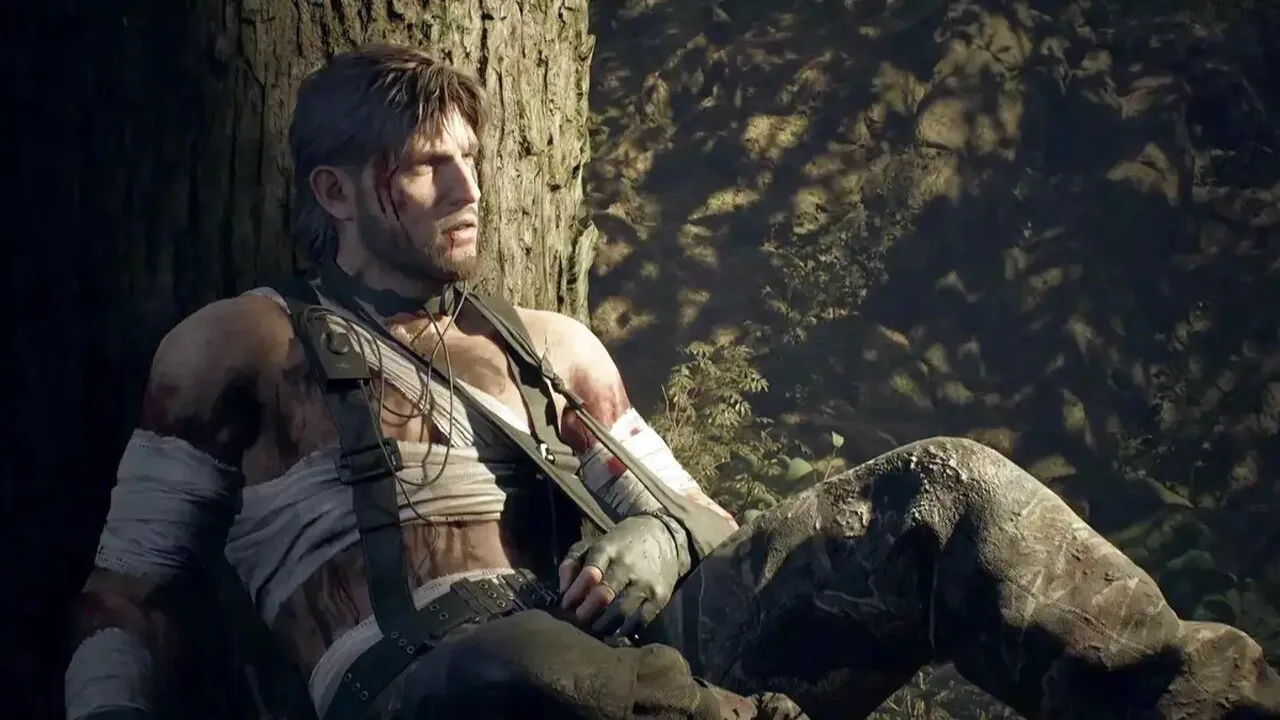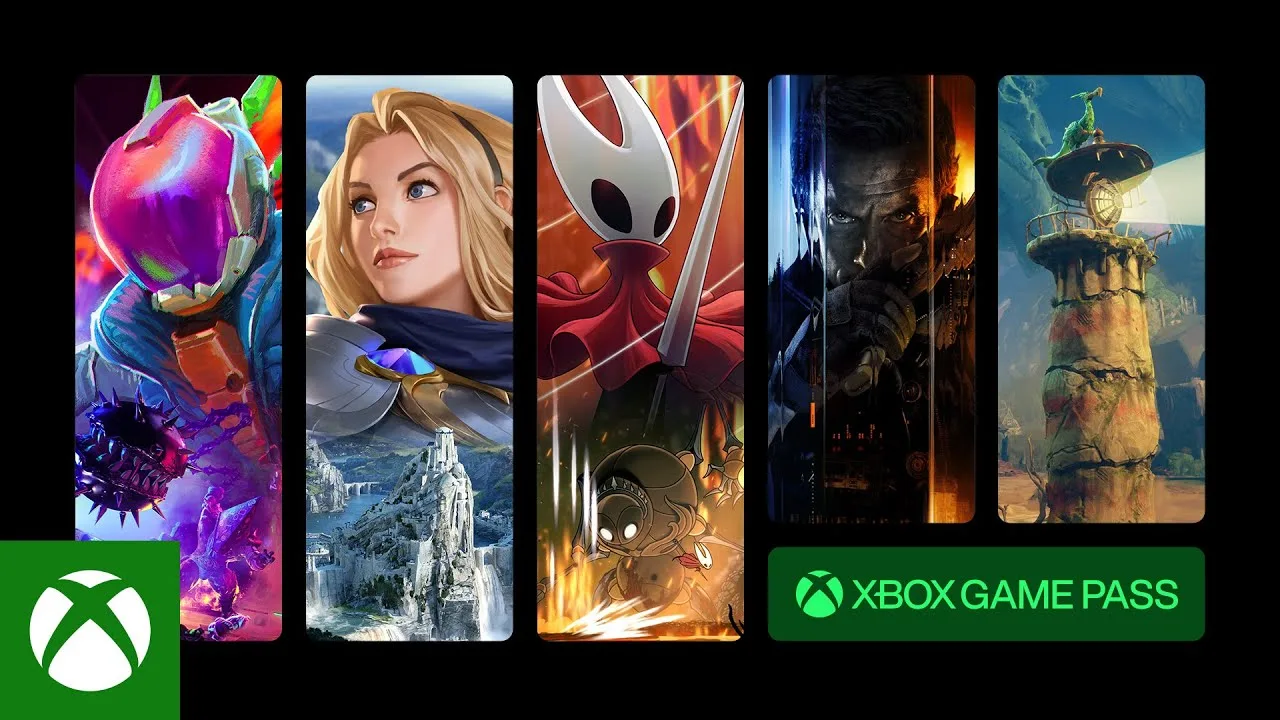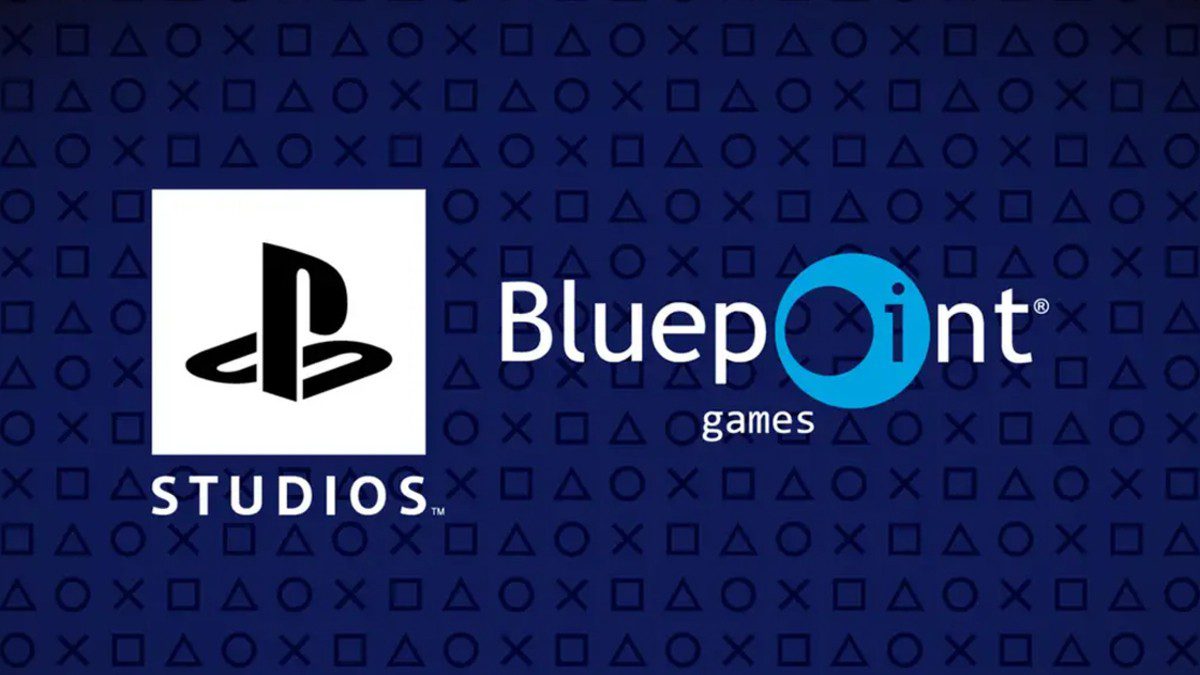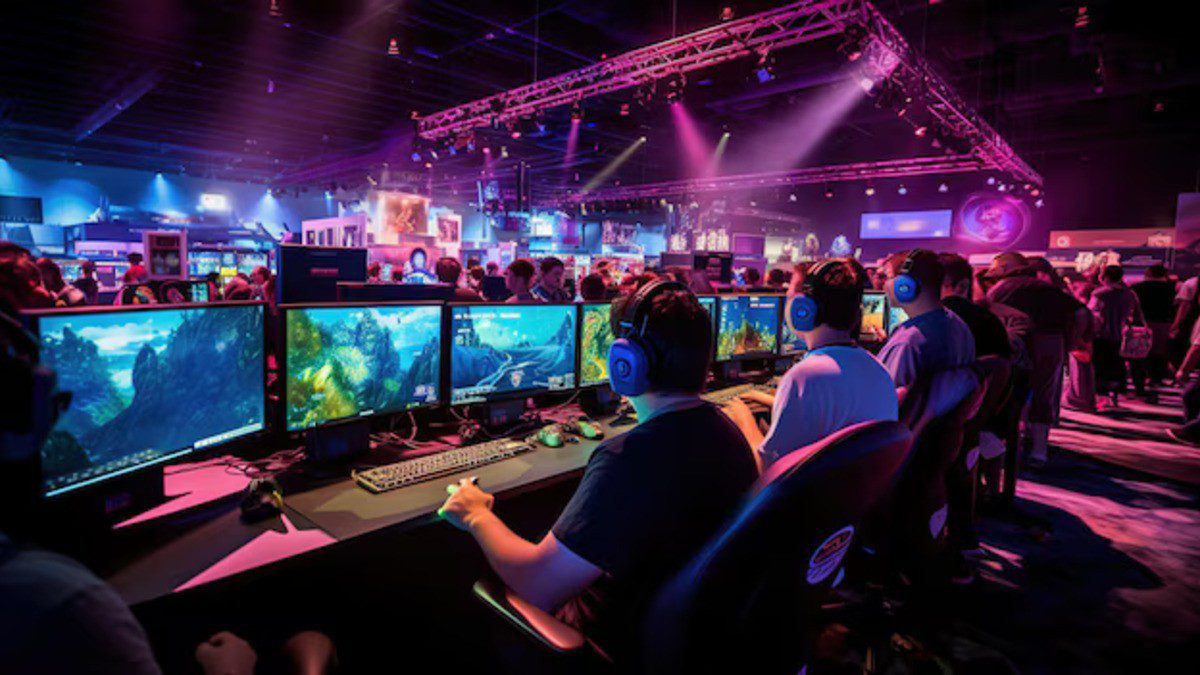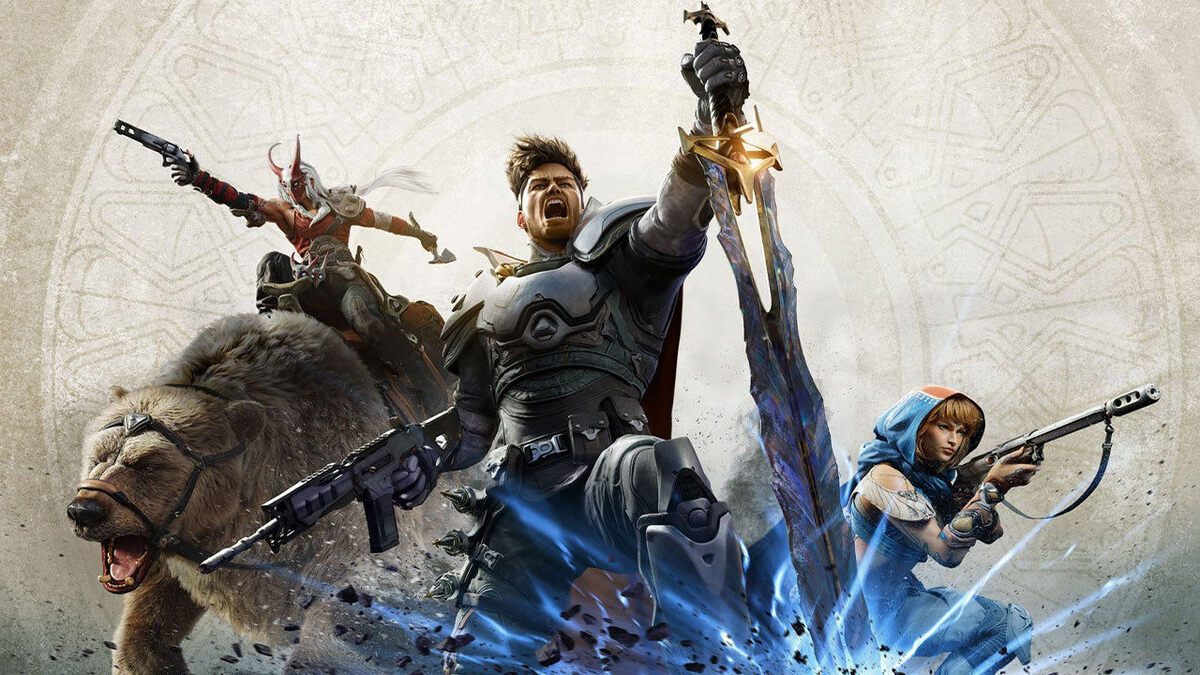The Metal Gear Solid franchise has long stood as a beacon of storytelling mastery, blending high-stakes espionage with profound narratives that challenge players to ponder deeper ethical and philosophical questions. With the announcement of Metal Gear Delta: Snake Eater, a remake of the legendary Metal Gear Solid 3: Snake Eater, fans are eager to see whether the mature elements of the original will be retained and perhaps even expanded.
The Legacy of Mature Themes in Snake Eater
When Metal Gear Solid 3: Snake Eater debuted in 2004, it was lauded not just for its gameplay innovations but also for its thematic complexity. The game tackled topics such as loyalty, betrayal, sacrifice, and the moral ambiguities of war. At its core was the story of Naked Snake and his mentor, The Boss—a tale of love, loss, and ideological conflict.
The mature elements of the game were not limited to the storyline. The gritty depiction of survival in a hostile environment highlighted the physical and psychological toll of being a soldier. Mechanically, players had to hunt for food, treat injuries, and adapt to changing conditions, immersing themselves in the harsh reality of Snake’s mission. These gameplay elements seamlessly intertwined with the narrative, making players feel the weight of Snake’s journey.
What Can Metal Gear Delta Offer?
As a modern remake, Metal Gear Delta: Snake Eater has the opportunity to elevate these mature themes with the advancements in gaming technology and storytelling techniques. Here are a few possibilities:
- Enhanced Character Depth: With updated graphics and voice acting, the nuanced emotions of characters like The Boss, Eva, and Ocelot could become even more impactful. A deeper exploration of their backstories and motivations could enrich the narrative’s complexity.
- Visual Realism and Emotional Weight: The original game’s jungle environment was immersive, but modern rendering technologies could bring it to life in unprecedented ways. Imagine the tension of crawling through dense foliage or the visceral horror of encountering dangerous wildlife, amplified by hyper-realistic visuals and sound design.
- Expanded Narrative Choices: While the original game had a linear storyline, the remake could introduce branching paths or dialogue choices that allow players to explore moral dilemmas more deeply. This could highlight the consequences of Snake’s actions in a more profound way.
- Improved Survival Mechanics: The survival aspects of Snake Eater were groundbreaking for their time. A remake could refine these systems, adding more layers of realism—such as more intricate injury mechanics or dynamic weather effects that impact gameplay.
- Subtle Yet Powerful Additions: The themes of patriotism and ideological conflict were central to the original game. By subtly weaving in contemporary parallels, the remake could connect with modern audiences without detracting from the timeless nature of its story.
Staying True to the Original
While innovation is crucial, fans of the franchise will want Metal Gear Delta: Snake Eater to stay true to the essence of the original. The mature elements that made the game a masterpiece—its intricate storytelling, emotional depth, and immersive gameplay—must remain at the heart of the experience.
Ultimately, Metal Gear Delta: Snake Eater has the potential to not only honor the legacy of the original but also to redefine it for a new generation. By retaining the mature themes that made Metal Gear Solid 3 so impactful while leveraging modern advancements, the remake could stand as both a love letter to longtime fans and a fresh entry point for newcomers. The anticipation is palpable, and if done right, this could be a defining moment in gaming history.

